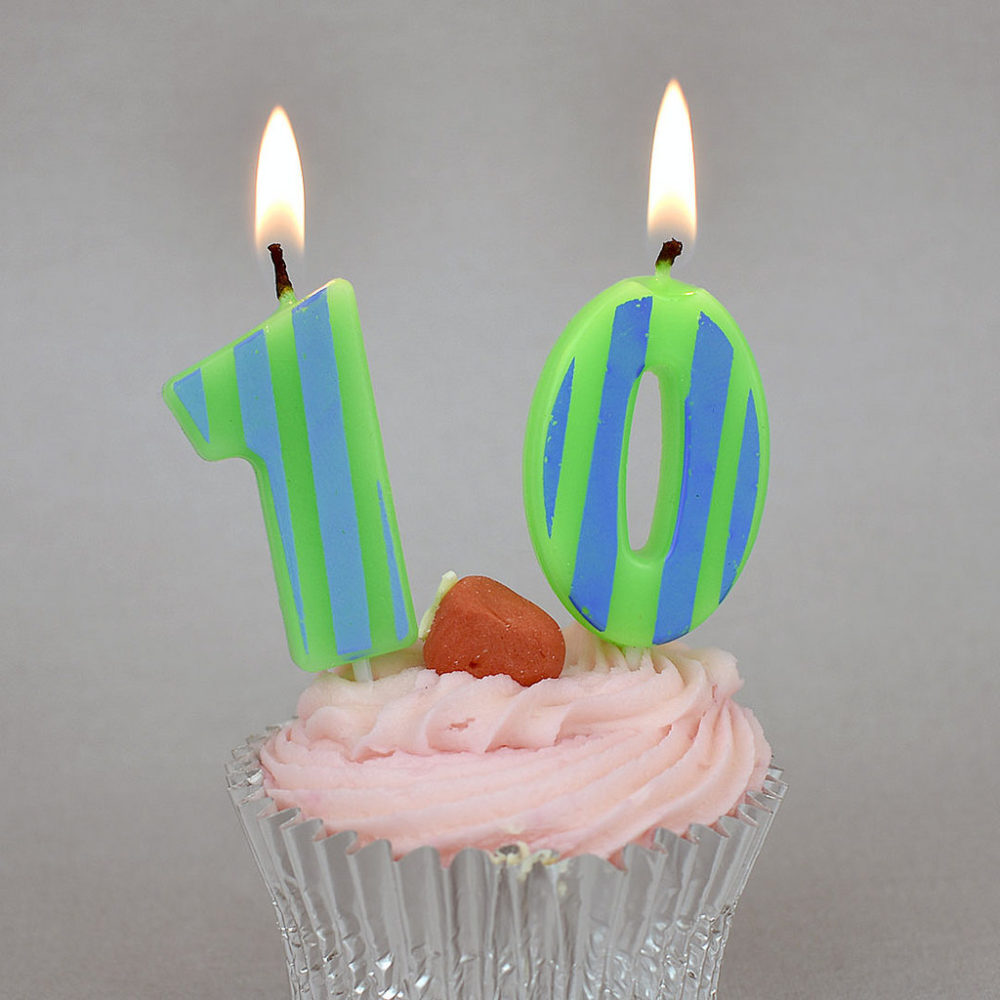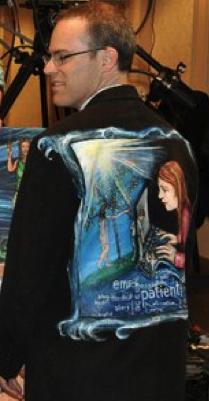
This week is the 10th anniversary Health Datapalooza. It’s a milestone worth celebrating.
In 2010, I attended what was then called the Community Health Data Forum at the Institute of Medicine. I posted a preview: Making Health Data Sing (Even If It’s a Familiar Song) and below are my notes from what we knew even then was the start of something big. Reading these artifacts now, I can’t help but think about how far we have come and how far we yet have to go to make health data truly sing.
I refer in passing to a few key people:
- Todd Park was appointed by President Obama to be the first Chief Technology Officer of the U.S. Department of Health and Human Services (and Todd later helped recruit me to take that role).
- Roni Zeiger was then Chief Health Strategist at Google, where he led efforts ranging from Google Flu Trends to Symptom Search (now he is the CEO of Smart Patients, an online community where patients and caregivers learn from each other about treatments, the latest science, and how it all fits into the context of their experience).
- Alexandra Carmichael, a co-founder of CureTogether, one of the first online communities for people who share the same symptoms or conditions, and a leader in the Quantified Self movement.
- David Hale, one of the creators of Pillbox, a partnership between the National Library of Medicine and the Food and Drug Administration (his slides from May 2010 tell the story).
- Tim O’Reilly, publisher of technology books and creator of events like the Gov 2.0 Expo and Health Foo.
- And Palantir? Well, it knows everything about you.
My notes:
In my opinion, the Palantir AnalyzeThe.US presentation was the strongest data visualization tool shown. Alex Fishman, the engineer presenting their tools (they employ no salespeople), seemed surprised by the audible gasps and murmurs of admiration from the wonky, trapped-in-Excel crowd. (Watch Alex’s preso starting at about minute 31 of the YouTube vid below.)
 Roni Zeiger of Google spoke eloquently about how, as we talk about data in the aggregate, we must remember how it should be made meaningful for individuals. He turned to show the Regina Holliday painting on his jacket (photo at right) telling about how she had limited access to her dying husband’s health record, eventually paying 73 cents per page to get a print copy of it.
Roni Zeiger of Google spoke eloquently about how, as we talk about data in the aggregate, we must remember how it should be made meaningful for individuals. He turned to show the Regina Holliday painting on his jacket (photo at right) telling about how she had limited access to her dying husband’s health record, eventually paying 73 cents per page to get a print copy of it.
One lesson of the day was that most of the data featured has always been available – hidden in plain sight.
Another lesson is that much of the data could be described as “data exhaust” – thrown out by other services as an often-forgotten byproduct.
In other words, one man’s trash is another’s treasure. Data may have a hidden usefulness which the keepers/creators may not see.
The consumer-focused breakout session was incredibly fun. Imagine Todd Park as professor of health innovation and your classmates are Alexandra Carmichael, David Hale, Roni Zeiger, Andrew Wilson, Alain Rappaport, Tim O’Reilly, Kristi Miller Durazo, and a mix of med students, public health experts, and techies flown in from Boston and Silicon Valley.
In 20 minutes, 4 small groups came up with 3 ideas each – mashups of public data sets + existing non-health apps to improve health. My group focused on nutrition (“I Want A Salad” – USDA food desert map + Yelp), end of life (create a stark data visualization showing gap between what people say they want and what happens to most of us + links to resources like hospice, home health aides + medical education), and contagion theory (“happiness + obesity run in circles” – obesity data, mental health data maps + Facebook/Twitter = how happy/sad/thin/fat are your friends?)
I liked what one person said during our discussion: It is less a case of data liberation, more a case of a citizen hacking through a jungle and coming upon an open trove of free data. Feds *do* want citizens to have this data, he said. Todd added that they just needed “air cover” which is what his office is doing. HHS is now providing a map and clearing paths, making sure the data is no longer hidden in plain sight.
Full video of the event:
https://www.youtube.com/watch?v=nN8vU-UiElw&feature=youtu.be
Read more posts about health data and other Health Datapaloozas.
Featured image: 10 year anniversary by Marceline Smith on Flickr.
Leave a Reply